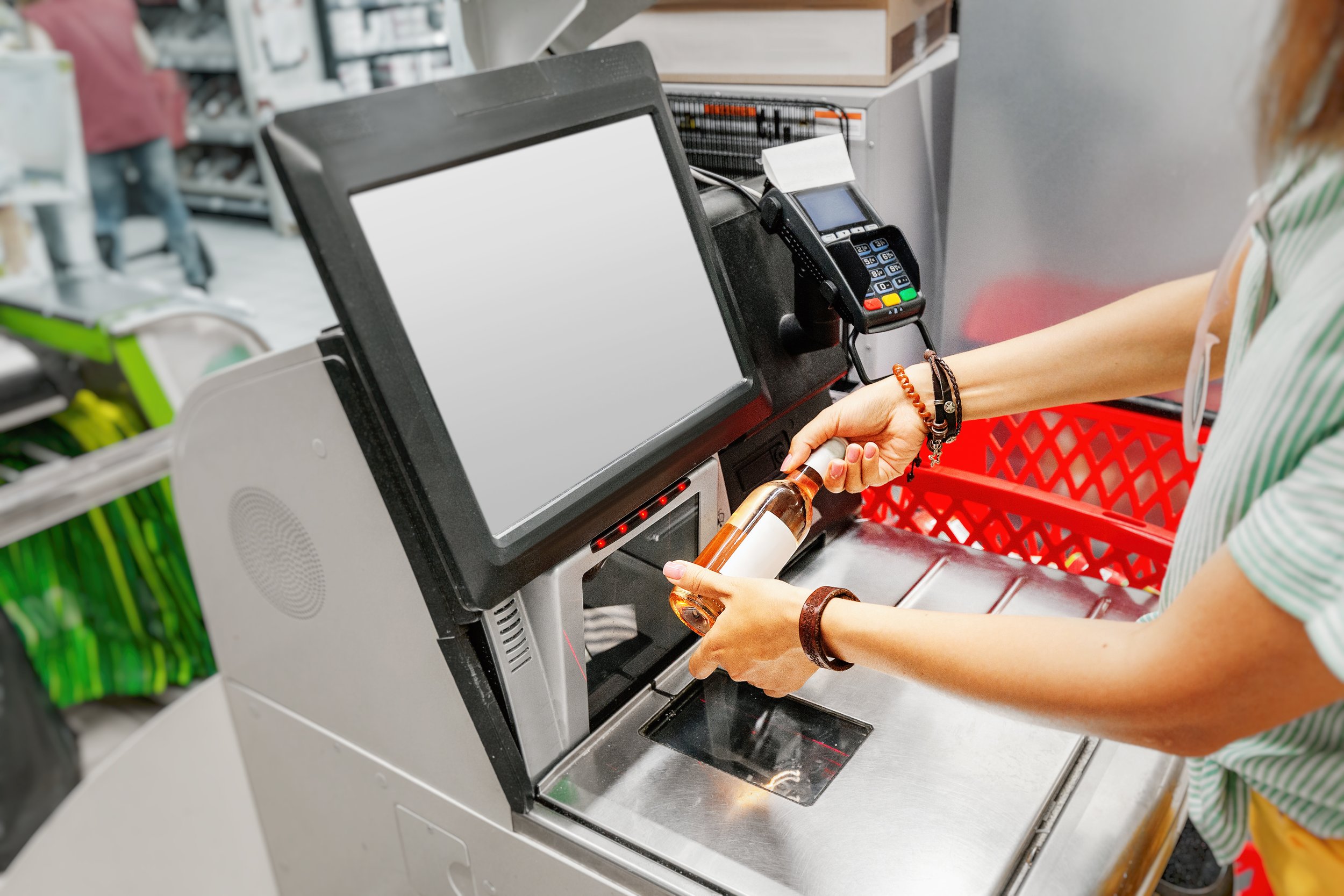Technology and security: is current legislation enough?
No. 76: Bringing you the news that matters in video privacy and security
The relentless pace of advancing surveillance capabilities, artificial intelligence, and data analytics has opened new frontiers in both opportunity and risk. However, these technological leaps prompt the question: do existing legal frameworks actively work to safeguard individual privacy?
Legislation is often hampered by its slow adaptation, especially compared to the speed of advancing technology - which suggests that legal measures alone are not always sufficient to protect privacy today. The variation in global legislation, some would argue acts as an added hindrance, since varying degrees of privacy protection and enforcement standards can dilute the overall effectiveness of legal safeguards.
In the United States, the NSA has allegedly acquired web browsing data on Americans without warrants. There are concerns that this bypasses legal safeguards meant to prevent unwarranted surveillance, which presents a potential loophole in privacy protection.
Across the Atlantic, the UK's Biometrics and Surveillance Camera Commissioner’s annual report sheds light on similar challenges, such as systemic issues in the management of biometric data in law enforcement. The report points out an increase in police powers to retain DNA and fingerprints of non-convicted individuals, coupled with a rise in DNA handling errors. Hence, it is clear that these forms of video surveillance and access to sensitive data require stringent and transparent laws to not only regulate but also enable their positive use by law enforcement.
The privacy challenges posed by technology require more than legislative reform; it demands a blend of ethical standards and robust enforcement. This balance involves the collective action of policymakers, technologists, and civil society to create a framework that both harnesses technology's potential and ensures privacy protection.
As always, please send any feedback or topics of interest you would like to be covered.
Seena, Editor
News
The NSA is accused of acquiring American's internet data without warrants
The National Security Agency (NSA) has been accused of purchasing extensive web browsing data on Americans from commercial data brokers without obtaining warrants. This practice has raised significant privacy concerns about the legality of acquiring such sensitive information without judicial oversight.
The New York Times: N.S.A. Buys Americans’ Internet Data Without Warrants, Letter Says
Tech Crunch: NSA is buying Americans’ internet browsing records without a warrant
Ring ends police access to doorbell footage without requests
Amazon's Ring has announced it will discontinue its "Request for Assistance" feature, which allowed police to request footage from users' doorbell cameras, amid privacy concerns and criticism. The move aims to address issues of surveillance and racial profiling, with law enforcement still able to access footage through warrants or in emergency situations.
NPR: Ring will no longer allow police to request users' doorbell camera footage
The Co-op to implement AI at self-checkouts to reduce retail crime
The Co-op is enhancing security across UK supermarkets by installing over 200 till kiosks and using AI at self-checkouts. This is part of the response to a 44% increase in retail crime, reaching about 1,000 incidents daily.
The Guardian: Co-op supermarkets given AI tech and 200 secure tills after 44% rise in crime
Retail Week: Co-op turns to AI and secure tills to combat retail crime
ScotRail to triple the number of body-worn cameras to combat anti-social behaviour
ScotRail is set to expand its body-worn camera program, increasing the number from 350 to over 1,000 as part of a £1.6 million investment aimed at curbing anti-social behaviour on Scotland's Railway. This move is complemented by an increase in frontline staff and the expansion of the Travel Safe Team to create a safer travel environment for both customers and staff.
ScotRail: ScotRail triples the number of body worn cameras on Scotland’s Railway
The Herald: ScotRail triples number of body worn cameras on railway
NYC retired subway security robot after operational and privacy challenges
Known as K-5, the New York City subway's security robot has been withdrawn from service after just over five months at Times Square station, due to operational challenges. The robot's deployment also raised significant privacy concerns among legal watchdogs and advocacy groups.
NBC New York: NYC retires 420-pound NYPD subway surveilling robot after pilot ends
The New York Times: Goodbye for Now to the Robot That (Sort Of) Patrolled New York’s Subway
AI Snippet of the Week
Biden administration launches first ever AI Safety Consortium
The US Secretary of Commerce announced the formation of the US AI Safety Institute Consortium (AISIC), aimed at fostering the development and deployment of safe, trustworthy artificial intelligence. Encompassing over 200 member organisations from various sectors, it aims to set safety standards, protect the innovation ecosystem, and establish a new measurement science in AI safety.
NIST: Biden-Harris Administration Announces First-Ever Consortium Dedicated to AI Safety
Policy Updates
UK Biometrics and Surveillance Camera Commissioner releases annual report on the state of surveillance
The Biometrics and Surveillance Camera Commissioner has released the annual report for 2022-2023. Key findings include a decrease in National Security Determinations, an uptick in police requests to retain biometric data of unconvicted individuals, a rise in DNA handling errors, and insights into the use of surveillance cameras and drones by police and local authorities.
Gov.uk: Biometrics and Surveillance Camera Commissioner's annual report laid in Parliament
Data Guidance: UK: Biometrics and Surveillance Camera Commissioner lays annual report in Parliament
To subscribe to our fortnightly newsletter, please click here
Thanks for reading, if you have any suggestions for topics or content that you want to see covered in future please drop a note to: info@secureredact.co.uk







